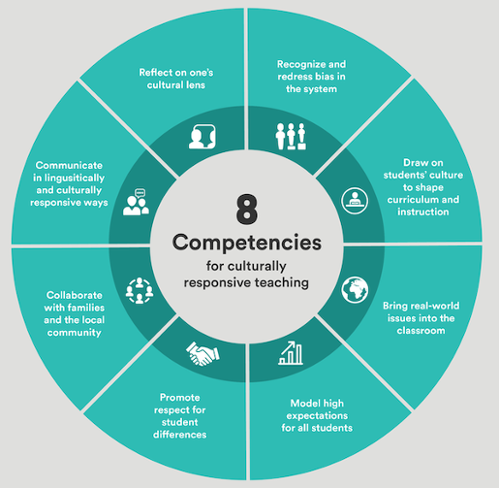As educators, it is crucial to possess cultural competence in order to foster inclusivity and equity in the Classroom. Discover how you can cultivate this important skillset to celebrate diversity, challenge biases, and ensure the success of every student. Join hands with the Equality Network to actively support educational equality.
Embracing Diversity and Celebrating Differences
Embrace the diversity of your students by creating an inclusive learning environment that celebrates their unique backgrounds and experiences. Learn effective strategies for acknowledging and appreciating different cultural perspectives and identities, fostering a sense of belonging for all.
Promoting Inclusion and Equity in the Classroom
Break down barriers that hinder educational equity by implementing culturally responsive teaching practices. Discover approaches to ensure equal access to educational opportunities and resources for students of all cultural backgrounds. Explore ways to develop a curriculum that reflects their experiences and identities.

Challenging Biases and Stereotypes
Take part in self-reflection and actively challenge biases, prejudices, and stereotypes that may impede inclusivity. Uncover effective techniques for promoting a bias-free learning environment while fostering cultural competence. Continuously seek growth and learning opportunities to deepen your understanding of diverse cultures and perspectives.
Building Relationships and Effective Communication
Establish open and constructive lines of communication with students and their families, making sure language and cultural barriers are addressed. Cultivate positive relationships based on trust and respect to truly understand the needs and strengths of your students. Create a collaborative and inclusive space for learning.
Providing Culturally Responsive Support
Equip yourself with knowledge of resources and services that cater to the unique needs of students from diverse backgrounds. Gain insights into supporting English language learners, students with disabilities, and those from marginalized communities. Implement culturally responsive strategies to provide the necessary support for all students.
Join the Equality Network
Unlock Your Leadership Potential with Intercultural Development Assessments! Visit Equality Network to learn more about our intercultural competence assessment tools and training programs. Transform your leadership practice and create a more equitable and inclusive learning environment for every student. Start your journey towards unparalleled success today!
FAQs
Cultural competence in education refers to recognizing, respecting, and valuing the diversity of cultures and backgrounds of students. It involves creating inclusive learning environments, challenging biases, and promoting equity.
Educators can promote inclusivity by embracing diversity, challenging biases, creating culturally responsive curricula, and fostering open communication with students and their families.
Cultural competence is important in education as it ensures that every student, regardless of their cultural background, has equal access to opportunities and resources. It helps create a supportive and inclusive learning environment where all students can thrive.
Educators can challenge their own biases by engaging in self-reflection, participating in professional development, and continually educating themselves about different cultures and perspectives. This ongoing growth helps educators create bias-free and inclusive classrooms.



